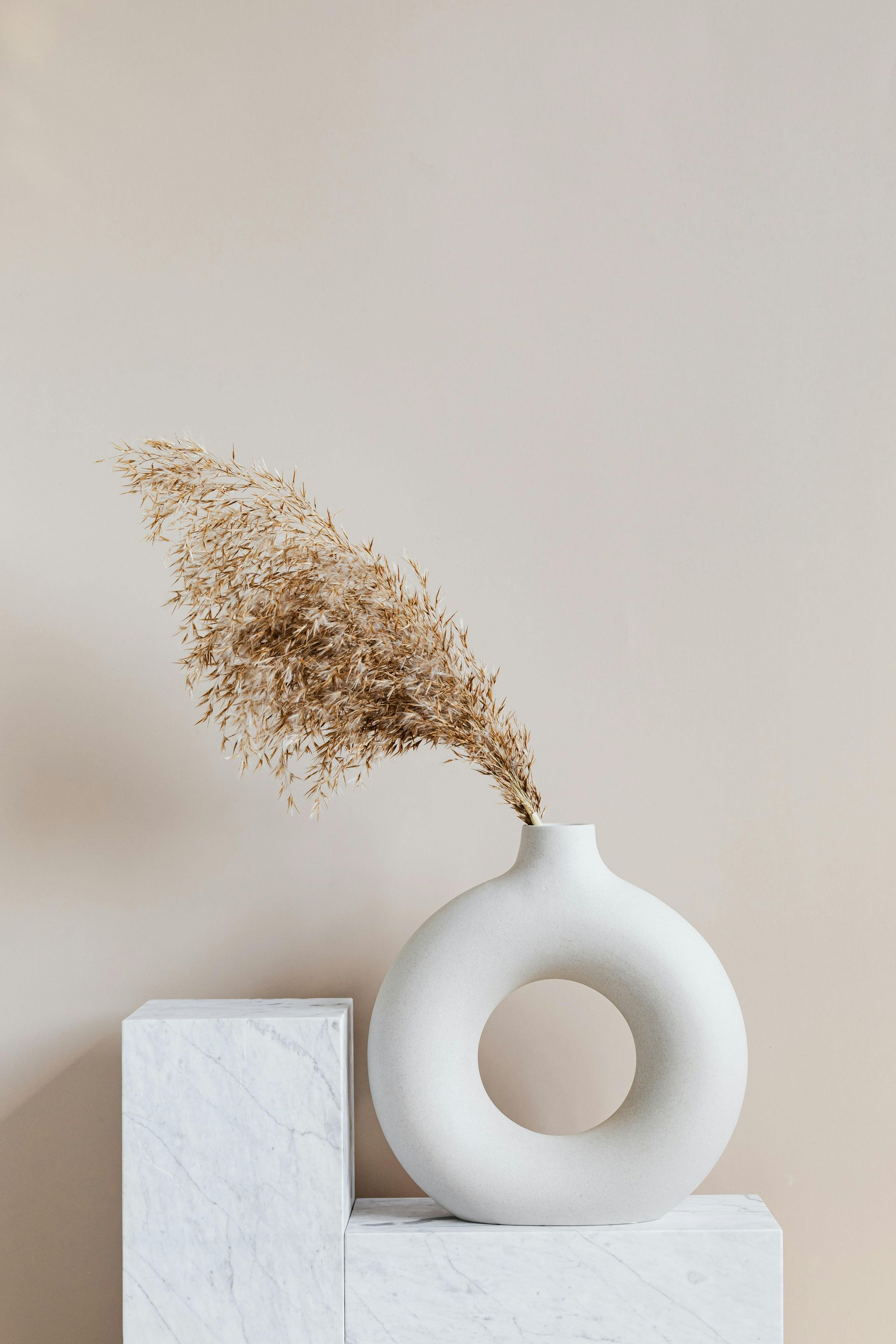What Is the Strongest Natural Antibiotic for Tooth Infection
Clove oil, turmeric, tea tree oil, and garlic are some of the most potent natural antibiotics for tooth infections. These natural remedies can help fight bacteria and reduce pain while you wait to see your dentist. However, natural treatments should never replace professional dental care for serious infections.
Tooth infections happen when harmful bacteria get inside your tooth through cracks, cavities, or damaged areas. The pain can be terrible, making it hard to eat, sleep, or focus on daily tasks. While you should always see a dentist for tooth infections, certain natural antibiotics can provide relief and help fight bacteria until you get proper treatment.
Understanding Tooth Infections and Their Causes
A tooth infection occurs when bacteria invade the pulp, the soft tissue inside the tooth. This can cause severe pain, swelling, and sometimes fever. Common signs include throbbing tooth pain, sensitivity to hot and cold foods, swollen gums, and bad breath.
Several things can lead to tooth infections:
Poor Oral Hygiene - Not brushing and flossing regularly lets plaque build up. This creates a perfect home for harmful bacteria that can cause infections.
Deep Cavities - Untreated cavities penetrate deep into the tooth, allowing bacteria to reach the inner pulp tissue and can cause infection and inflammation.
Dental Trauma - Cracks or chips in teeth from accidents give bacteria an easy way to get inside your tooth.
Previous Dental Work - Old fillings or crowns that become loose can trap bacteria and lead to infections.
The Top 4 Strongest Natural Antibiotics for Tooth Infections
Clove Oil: Nature's Numbing Agent
Clove oil is renowned for its powerful antimicrobial and analgesic properties. Eugenol, the active compound in clove oil, is effective against various bacteria, making it a natural powerhouse for combating tooth infections.
An older 2006 trial of 73 adults found that the use of clove oil was as effective as benzocaine, which is a topical anesthetic. This makes clove oil one of the most proven natural pain relievers for dental problems.
How Clove Oil Works:
- Eugenol has been shown to have antibacterial, antifungal, antioxidant and antineoplastic activity , according to the National Institutes of Health.
- The numbing effect provides quick pain relief
- Fights bacteria that cause tooth infections
How to Use Clove Oil Safely:
- Mix 3-5 drops of clove oil with 1 teaspoon of coconut or olive oil
- Dip a cotton ball in the mixture
- Apply gently to the affected tooth and gums
- Leave for 10-15 minutes, then rinse with warm water
- Use 2-3 times daily
Important Safety Note: Never use clove oil undiluted. Swallowing clove oil can be toxic or even fatal, especially in large amounts or in children.
Garlic: The Powerful Allicin Fighter
The strongest natural antibiotic for tooth infection is garlic, thanks to allicin, which fights harmful bacteria and helps ease pain. Garlic has been used for healing purposes for thousands of years.
The Science Behind Garlic:
- Allicin in its pure form was found to exhibit antibacterial activity against a wide range of Gram-negative and Gram-positive bacteria, including multidrug-resistant enterotoxicogenic strains of Escherichia coli , according to research published in the National Institutes of Health database.
- Studies show that the antimicrobial activities of garlic are primarily based on allicin, a thiosulphinate present in crushed garlic bulbs
How to Use Garlic for Tooth Infections:
- Crush 1-2 fresh garlic cloves to release allicin
- Mix with a pinch of salt to make a paste
- Apply directly to the infected tooth for 10 minutes
- Rinse thoroughly with warm water
- Repeat 2-3 times daily
Pro Tip: Allicin is found in fresh garlic after it is crushed or cut. Garlic powder won't work as well because it doesn't contain active allicin.
Turmeric: The Golden Healer
Turmeric, the vibrant spice commonly found in many kitchens, is another natural antibiotic with remarkable healing properties. Curcumin, the active ingredient in turmeric, exhibits strong anti-inflammatory and antimicrobial effects.
Why Turmeric Works:
- Curcumin, a principal bioactive substance of turmeric (Curcuma longa L.), is reported as a strong antioxidant, anti-inflammatory, antibacterial, antifungal, and antiviral agent , according to research from the National Institutes of Health.
- Studies confirm curcumin has significant antimicrobial efficacy against various strains of bacteria and yeast-like fungi
How to Use Turmeric:
- Mix 1 tablespoon of turmeric powder with enough water to make a thick paste
- Apply the paste to the infected area
- Let it sit for 15-20 minutes
- Rinse with warm water
- Use 2-3 times daily
Warning: Turmeric can stain clothing and surfaces yellow. Be careful during application and wash hands thoroughly afterward.
Tea Tree Oil: The Antiseptic Helper
Tea tree oil, a well-known natural antibiotic, exhibited significant antimicrobial activity against bacteria commonly associated with tooth infections. This essential oil comes from the leaves of the Australian tea tree plant.
Benefits of Tea Tree Oil:
- A well-known natural antibiotic, tea tree oil exhibited significant antimicrobial activity against bacteria commonly associated with tooth infections according to studies published in dental research journals
- Helps reduce inflammation
- Fights harmful mouth bacteria
How to Use Tea Tree Oil:
- Mix 3-4 drops with 1 teaspoon of coconut oil
- Swish in your mouth for 2-3 minutes
- Spit out completely - never swallow
- Rinse with water afterward
- Use once daily
Additional Natural Remedies That Help
Salt Water Rinse: The Simple Solution
A salt-water rinse is an excellent home remedy for relief from tooth infections. As a natural antimicrobial agent, it can aid in battling harmful bacterial growth and oral bacteria present in the oral cavity.
How to Make Salt Water Rinse:
- Mix 1 teaspoon of salt in 1 cup of warm water
- Swish for 30 seconds, focusing on the infected area
- Spit out and repeat several times daily
Hydrogen Peroxide Rinse: The Bacteria Killer
Hydrogen Peroxide makes an excellent remedy for managing many oral health issues. Apart from its antibacterial properties, it also holds anti-fungal qualities.
Safe Usage:
- Mix equal parts 3% hydrogen peroxide and water
- Swish gently for 30 seconds
- Spit out completely - never swallow
- Rinse mouth with plain water afterward
Important Safety Guidelines and Precautions
When to See a Dentist Immediately
Natural antibiotics can help with pain and bacteria, but they cannot cure serious tooth infections. A tooth abscess won't go away without treatment , according to the Mayo Clinic. You should see a dentist right away if you have:
- Severe, worsening pain
- Facial swelling
- Fever
- Difficulty swallowing
- Pus or discharge from the tooth
According to medical experts, ignoring a tooth infection can lead to serious complications, including: You might even develop sepsis — a life-threatening infection that spreads throughout your body .
Safety Tips for Natural Remedies
Allergy Testing: Always test a small amount on your skin first to check for allergic reactions.
Proper Dilution: Never use essential oils like clove oil or tea tree oil without diluting them first.
Avoid Swallowing: Most natural remedies for tooth infections should not be swallowed.
Pregnancy Considerations: Garlic is considered safe to eat if you are pregnant, though eating too much may cause heartburn. However, check with your doctor before using any natural remedies during pregnancy.
How Natural Antibiotics Compare to Prescription Medications
Benefits of Natural Approaches
Fewer Side Effects - Natural remedies typically have fewer adverse effects compared to conventional antibiotics. Synthetic antibiotics can sometimes lead to allergic reactions or other health issues, while natural solutions are generally gentler on the body.
Easy Access - Many natural antibiotics are excellent home remedies that can be found easily in your kitchen or local grocery store.
No Resistance Issues - Garlic is known to act as an antibiotic and no resistance to it has been reported.
Limitations of Natural Remedies
While natural antibiotics can provide relief, they have important limits:
- They work slower than prescription antibiotics
- They may not be strong enough for severe infections
- There aren't any natural antibiotics (or remedies) that will improve a tooth infection. All antibiotics are prescription medicines.
- They don't replace the need for dental treatment like root canals
Prevention: The Best Natural Defense
The strongest natural antibiotic is prevention. Here are simple ways to avoid tooth infections:
Daily Oral Care:
- Brush twice daily with fluoride toothpaste
- Floss every day to remove bacteria between teeth
- Use an antimicrobial mouthwash
Regular Dental Visits:
- Get dental cleanings every six months
- Fix cavities quickly before they become infected
- Address gum disease early
Healthy Lifestyle Choices:
- Eat less sugar and processed foods
- Don't use your teeth to open packages or bottles
- Wear a mouthguard if you grind your teeth at night
Making Your Own Natural Antibiotic Mixtures
Garlic and Honey Paste
Take one garlic clove and one teaspoon of honey. Start by crushing the garlic clove to release its antibacterial compounds. Mix with honey for added antimicrobial benefits and better taste.
Turmeric and Coconut Oil Paste
- Mix 1 tablespoon turmeric powder
- Add 1 teaspoon coconut oil
- Mix to form a thick paste
- Apply to infected area for 10-15 minutes
Three-Oil Healing Rinse
- Mix 2 drops clove oil + 2 drops tea tree oil
- Add 1 tablespoon coconut oil
- Swish gently for 2 minutes
- Spit out and rinse with water
Professional Treatment Options
While natural antibiotics can help, serious tooth infections need professional care. Common treatments include:
Root Canal Therapy - Root canal treatment removes infected tissue and saves the tooth.
Prescription Antibiotics - Dentists may prescribe amoxicillin, clindamycin, or other antibiotics for severe infections.
Dental Crowns - Dental crowns can protect and restore damaged teeth after infection treatment.
Tooth Extraction - In severe cases, the infected tooth may need to be removed and replaced with a dental implant .
Final Thoughts
Natural antibiotics like clove oil, garlic, turmeric, and tea tree oil can provide valuable relief from tooth infection pain and help fight harmful bacteria. Clove oil, turmeric, tea tree oil, and garlic are some of the most potent natural antibiotics for tooth infections. Incorporating these remedies into your oral care routine helps alleviate current infections and promotes a healthier and more resilient oral environment.
However, remember that natural remedies are temporary solutions. They cannot replace professional dental care for serious infections. If you have severe pain, swelling, fever, or other serious symptoms, contact a dentist immediately.
The best approach combines natural remedies for immediate relief with prompt professional treatment for long-term healing. By understanding both natural and professional options, you can make smart choices about your oral health and get the care you need to feel better quickly.
If you're experiencing tooth pain or suspect an infection, don't wait. Contact the experienced team at Smile Essentials for gentle, effective care that will get you back to comfortable, healthy smiles.














